The video game industry faces a long-overdue reckoning. The average game developer is underpaid relative to the generous bonuses and shareholder payouts enjoyed by the CEOs above them, and recent reports and lawsuits have uncovered a wide range of mistreatment across companies big and small. Many feel that something needs to change, and some industry leaders have openly agreed. But change is hard. It takes time. It can be costly. Maybe that’s why even companies who talk a good game on workplace culture and responsibility can still come up short.
“Our responsibility is simple: Do everything possible to ensure that this entire industry is about treating every single person with dignity and respect,” Microsoft Gaming CEO Phil Spencer said on stage to a room full of game developers last month at the 2022 DICE Awards. The Xbox veteran has been beating this drum for a long time, but even he admits that he and other leaders haven’t always risen to that challenge.
“We fall short when we fail to provide a safe and inclusive environment for every person who works in our industry,” he said. “We fall short when we tolerate abuse. We fall short every single time someone feels unwelcome in our industry and our communities.”
Spencer’s comments could apply to a lot of game studios. One of them is Undead Labs, the maker of the survival base-building series State of Decay. Spencer helped Microsoft acquire the studio almost four years ago. Housed in an old brick building in downtown Seattle 20 minutes from Microsoft’s sprawling 202.34 ha headquarters, “the Lab” has undergone a massive transformation from lean indie to first-party studio with triple-A ambitions in the years since it was sold.
Undead Labs doubled in size, but lost its charismatic founder. It’s working on the ambitious sequel State of Decay 3, but after several years is still trapped in pre-production. And recently it’s faced allegations of mismanagement, burnout, and misogyny as it’s struggled to live up to its promise of being the welcoming, diverse, and inclusive Xbox first-party studio it touts itself as.
Kotaku interviewed 12 current and former employees for this article, all of whom requested anonymity because they feared sharing their concerns publicly would doom their careers in the video game industry. Many felt very positive about certain aspects of the studio. A few said it still has room to improve but has overall been a very good place to work. Most considered the last few years since the acquisition a period of crisis, and are worried management hasn’t learned the right lessons.
At first, some employees were worried the Microsoft acquisition would change the indie studio for the worse. Now they worry the $US2 ($3) trillion company’s incredibly “hands-off” approach allowed dysfunction to fester, leaving some of the studio’s more vulnerable employees to fend for themselves. As one former developer put it, “We were afraid they would come in and change our culture but our collapse came from within, and we could have used [Microsoft’s] help.”
Microsoft PR initially reached out during the reporting process for this story to offer potential interviews on some of the topics it covers. Despite repeated follow-up attempts by Kotaku, however, those interviews never materialised. In response to a long and detailed list of questions, Microsoft provided only a series of statistics, brief background comments, and the following statement on behalf of the head of Xbox Game Studios, Matt Booty:
Every studio at Xbox is given the resources and guidance they need to grow in both capability and culture. What that support looks like will vary by studio, but each has a direct connection with Microsoft HR resources outside of what they have on their team, and the ability to work with other studios and partner teams to leverage their expertise. Additionally, all Microsoft employees, including our studio teams, are required to regularly complete our Standards of Business Conduct training which cover topics like harassment, supplier code of conduct, and more. Over the last few years, Undead Labs has seen a number of positive changes and we are confident in the direction the team is taking State of Decay 3, one of our most ambitious open-world games in development.
According to a Microsoft spokesperson, those positive changes have included “an entirely new leadership team,” diverse hires in 2021 that were 42% female or non-binary, and 29% from a racial or ethnic minority group, and a March 2022 health survey with 84% of respondents willing to recommend working at Undead Labs. But current and former developers say those numbers don’t tell the full story of the painful last couple of years, or of how committed the studio or Microsoft will be to supporting its latest wave of hires when the going gets tough.
“The culture the studio had up until recently was not the most hospitable for anyone that was not a white cishet man,” said one current developer. “It’s improved in the last six months or so. But the studio hired a lot of diverse talent that it did not adequately support [in the past].”
Jeff Strain has been around. In the late ‘90s he worked on StarCraft, Diablo, and World of Warcraft at Blizzard. In 2000 he left to co-found ArenaNet and make the fantasy action MMO Guild Wars. In 2007 two of his coworkers, Brant Fitzgerald and Doug Williams (neither responded to a request for comment), pitched him on a zombie MMO. A few years later he formed Undead Labs and hired Fitzgerald and Williams to make that game, a prototype for which eventually became the first State of Decay. Last October, Strain launched his newest startup.
“I’ve never yet in my career experienced anyone who can top Jeff’s ‘rally the troops’ speeches,” said one former developer. “That kind of light attracted a wonderful blend of people to Undead Labs, and that kind of culture created a studio where people were excited to build cool things and felt empowered and trusted to do so.”
Microsoft published State of Decay as an Xbox Live Arcade game in 2013, and while it was not the ambitious zombie MMO originally envisioned by the team (working title: Class4), it punched above its weight, earned positive reviews, and broke sales records. Undead Labs became the State of Decay studio. It started planning a sequel for the Xbox One, while the dream of Class4 lingered in the background.
Undead Labs grew from a couple dozen employees to roughly 60 on its way toward releasing 2018’s State of Decay 2. The game seemed bigger but still lacked polish, which was reflected in its critical reception. One month later, Jeff Strain shocked everyone by selling to Microsoft. “I’m excited to welcome Undead Labs to Microsoft Studios,” Phil Spencer said on stage at E3 2018, revealing a list of acquisitions as if he were announcing prizes on The Price Is Right. Select staff at Undead Labs had been given a few days’ advance notice, but everyone else found out during the press conference. Yet that was only part of what surprised them.
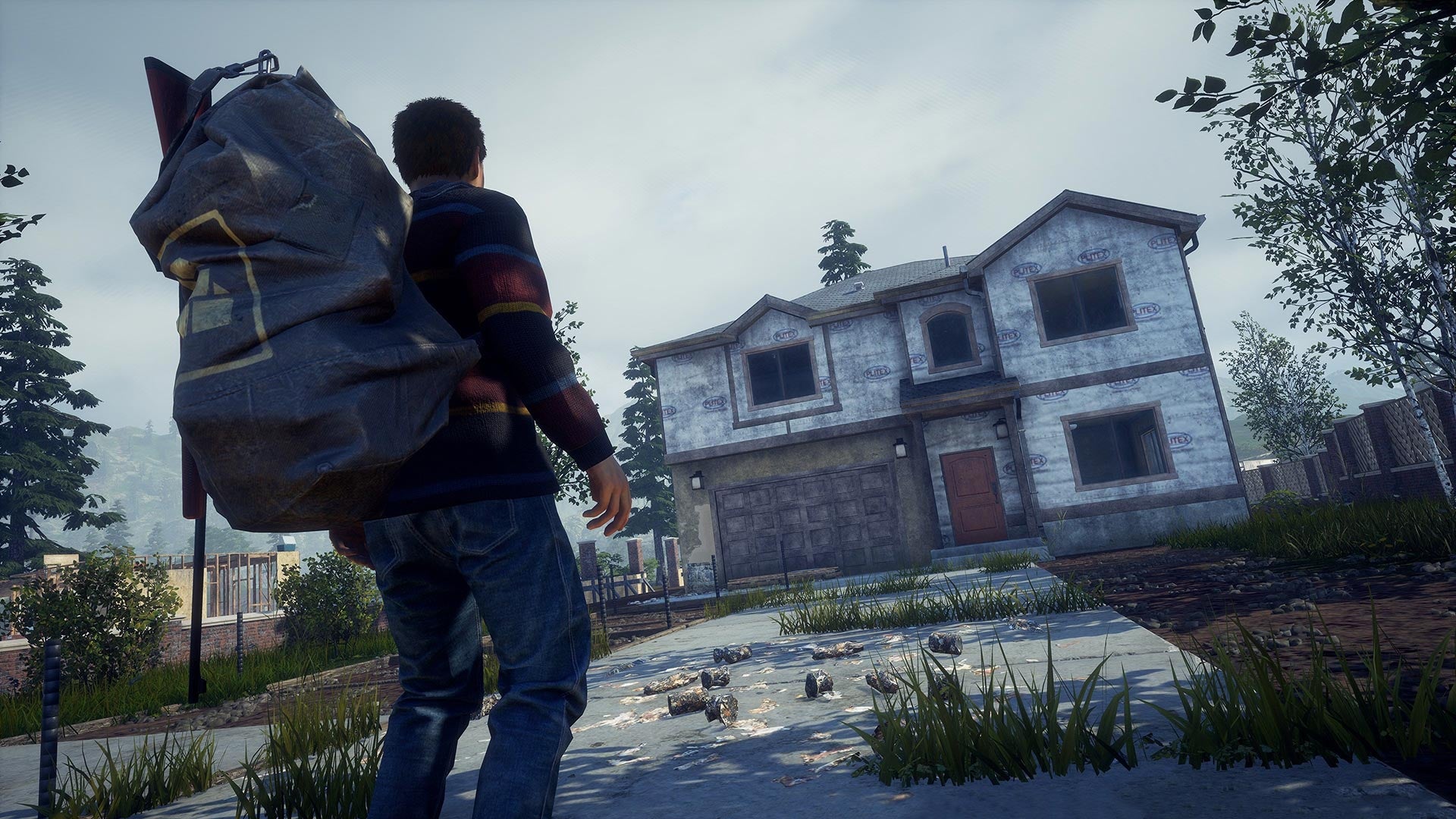
The real confusion came because Strain, the founder and studio head, had always seemed adamant that Undead Labs would remain independent. Some recalled a rousing speech he gave to that effect on the production floor, not long before the official announcement. In hindsight, they wondered if it was just bluster to get a better deal out of Microsoft.
“It was a rollercoaster, and some of the original employees were shocked at the whiplash,” said one former developer.
Strain declined multiple requests for an interview and instead posted answers to questions from Kotaku on his Medium page. He wrote that as the sole funders of Undead, he and his wife were the only ones to receive a payout from the sale, but that 20% of it was given to “key early employees.”
Strain also wrote that he didn’t recall giving any speech about staying independent, and that Undead Labs had openly fielded acquisition offers for years.
“It was clear in 2018 that Undead Labs was going to focus on the State of Decay IP, and the expectations — and initial budget — for SoD3 were way higher than anything we’d done before,” he wrote. “When you own an independent studio you are personally responsible for it — if you fail a milestone and don’t get paid, you have to cover the payroll personally — and SoD3 was going to be way beyond anything we could personally back financially. We needed to protect the jobs, benefits, and work culture we’d built up over the past eight years, and so we were receptive to acquisition discussions with Microsoft.”
Employee whiplash or no, the strategy on Microsoft’s end was clear: The State of Decay franchise would help fuel the Xbox manufacturer’s burgeoning Netflix-like subscription service. It didn’t matter that State of Decay 2 reviewed poorly at launch. Putting it on Game Pass and delivering a steady stream of updates and DLC content boosted new-user numbers, and the game recently surpassed 10 million lifetime players.
One of the curses of a live-service game is that if it does well you never get to stop working on it. State of Decay 2 only grew, bringing in new players and more revenue, especially with popular add-ons like 2019’s Heartland expansion and 2020’s Juggernaut Edition, sources at Undead Labs told Kotaku. But by late 2018, the studio had to split its focus and also start working on State of Decay 3.
Was it finally time to make the more ambitious zombie MMO that had inspired the studio’s founding a decade ago? Or would its next project be another iterative sequel, more robust and polished but still fundamentally what fans of State of Decay had come to expect? According to the current and former developers, everyone had a different answer, and nobody was on quite the same page. That’s not unusual for pre-production, but the already-messy phase was further sabotaged by rapid expansion, poor leadership, and excessive turnover, they allege.
The studio siloed developers into multi-disciplinary “strike teams” to prototype new features, but the links between them were weak, with little oversight to keep goals aligned and prevent duplicated work. “Every couple of months, after a milestone, teams would be completely broken up and shuffled around into new teams,” said one former developer. “So there was no consistency with who worked on what system.”
The result was a buffet of game systems with no main course. Too much time was spent preparing features like refined parkour movement or dynamic animal spawns based on the weather, while the player fantasy at the centre, meant to hold it all together, remained undercooked. Other issues were brushed under the rug.
“QA would work extremely hard, catch all our bugs, and try to take care of them,” said one former developer. “But the leadership would ignore their concerns and say things like ‘don’t log multiplayer bugs’ in an attempt to show artificial progress on [State of Decay 3].” Short-term fixes are a boon early in development when the idea is to try things and see what works, but multiple developers worried about the rising amount of “tech debt” that would come due in the future when the game went into full production.
“Milestones consisted of a pile of disjointed features that were less about making a fun video game and more about checking off a list,” said one former developer. That alone might have been a barrier to progress, but the friction between certain teams and developers ran deeper. According to nine of the sources who spoke with Kotaku, this friction was compounded by patterns of discrimination against female, non-binary, and other marginalised employees.
“When I interviewed at the Lab, I was sold [the idea of] a studio in transition that was making [diversity, equity, and inclusion] a top priority,” said one former developer. “What it was in actuality was studio leadership painting a DEI face for Microsoft, while women were consistently ignored, dismissed, interrupted, talked over, and blamed.”
“Women’s opinions would be outright rejected, even for extremely basic code or games knowledge,” said another. “No one would listen to them, even women in director-level positions were outright ignored, talked over, and blamed for problems.”
One former developer recalled men asking women to take notes during meetings, ignoring their expertise, and even making sexist remarks like, “You don’t look as pretty as normal today,” and “I’m surprised a girl like you has this job.”
“We had to have meeting etiquette rolled out because men kept talking over women so badly in all the meetings and belittling them,” said another former developer. “But the guidelines didn’t help.”
Strain didn’t officially leave Undead Labs until the end of 2019, but current and former developers say he already seemed checked out from the day-to-day by early 2018, when State of Decay 2 was getting ready to ship. ArenaNet head of development Philip Holt came on in a support role as chief of staff at the start of 2019, but ended up replacing Strain as official studio head the following year.
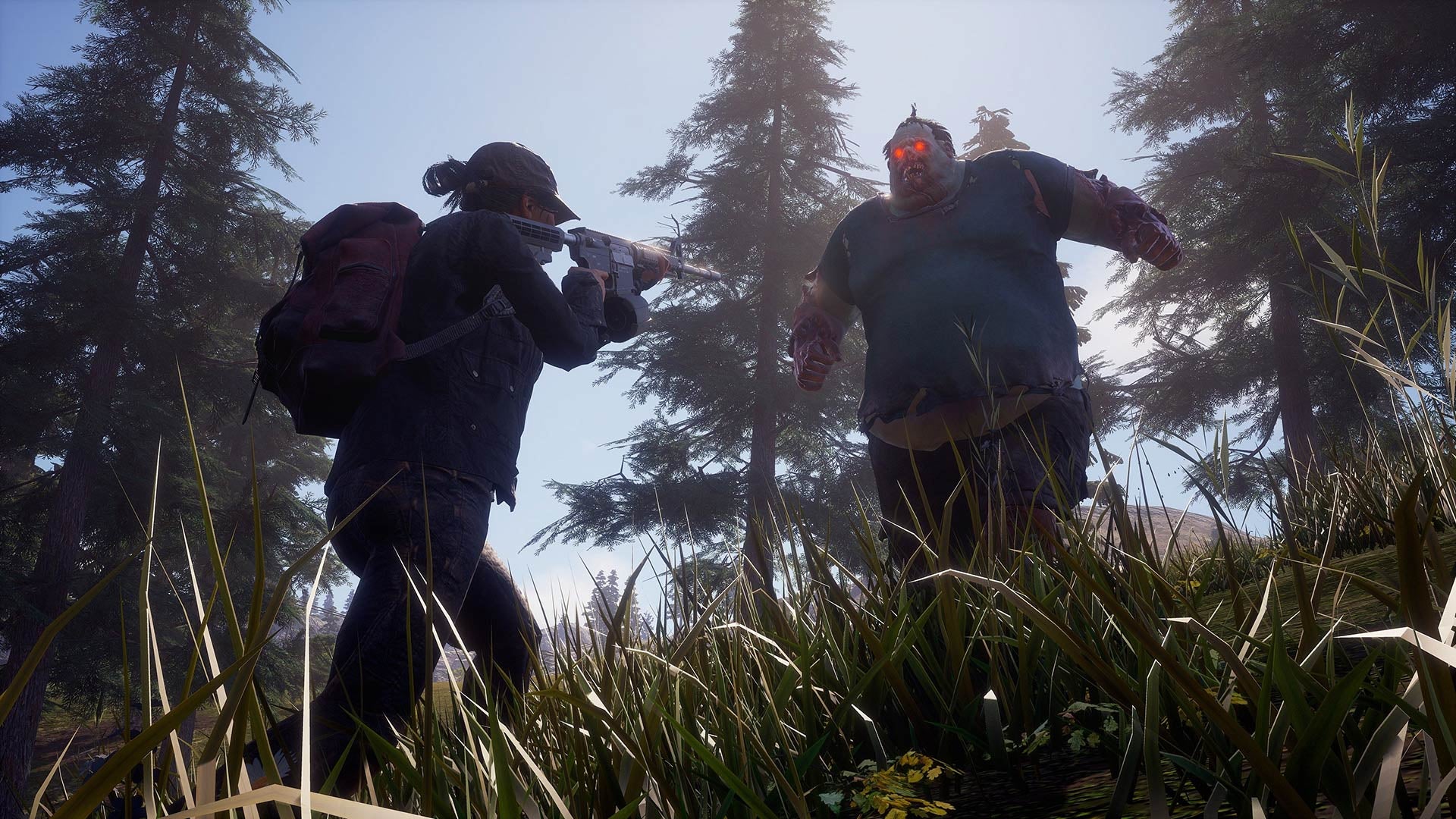
“In 2016 I started the weekly travel to join my wife and five children in New Orleans,” Strain wrote on Medium. “So yeah, compared to my previous level of engagement it might have appeared I was checked out, but I had to have some help — I just couldn’t do it all on my own any longer.” Strain wrote that Holt was recommended through a mutual former ArenaNet colleague, and that he was not initially hired as a replacement.
If Strain left as an absentee father, Holt came in with the energy of a stepdad, one former developer said. “He knew he wasn’t going to be just like Jeff, but still wanted to be our friend.
Several current and former developers who spoke with Kotaku weren’t interested in reciprocating. They accused Holt of nepotism and putting his own ambition above the needs of the team, alleging he fast-tracked the hiring of his buddies from other studios to head up new satellite offices in Florida and Illinois. These would expand Undead Labs’ co-development capacity as part of the larger Xbox studio network, and in so doing make Holt a more important figure in the larger company, they argued.
In a fact-check portion of its response to Kotaku, Microsoft denied this, writing, “There is a rigorous and standardised hiring process in place at Undead Labs for all potential hires, with visibility and review from multiple studio members.”
Current and former developers also blamed Holt for pushing out two director-level women at the studio by not giving them the support needed to succeed and hiring men over top of them in the hierarchy to absorb their roles. “It was really a pattern where women were uprooted and men were protected and helped,” said one current developer. “[Studio leadership] didn’t want to upset anyone unless it was a woman.”
Holt declined to comment on a detailed list of questions from Kotaku and instead provided the following statement, via Microsoft:
Since our acquisition by Microsoft in 2018, Undead Labs has been focused elevating the quality and ambition of State of Decay and increasing the diversity and inclusivity of our studio culture. Building an inclusive and supporting environment is central to our vision of our culture, how we enable our teams to do their best work, and how we build the best games. I recognise that some of our employees, current and former, have shared that their experiences at the Lab weren’t always positive.
Our past culture does not exemplify who we are now, nor who we want to become. We have seen a lot of change in the last few years: we have an entirely new leadership team, including new HR Director and department in 2021; hired about 75 employees since the beginning of the pandemic; and have transformed the demographic make-up of our team. We’ve already seen that our ongoing cultural transformation is creating a better workplace for the team, which leads to better games for our community. I am proud of the work we have done, humbled by the task in front of us, positioned to learn from this experience, and committed to doing better every day.
Shortly after his arrival, Holt assisted Strain in hiring the studio’s first head of people and culture, Anne Schlosser, to help manage teams and help evolve the scrappy indie into a larger studio. An experienced HR professional who came from Dell, Lowes, and the software side of Microsoft, she was presented as someone who could update the studio’s employee practices free from the baggage of the games industry. Instead, current and former employees said Schlosser did little to address conflicts between staff or to confront discrimination at the studio, and in some cases made things worse by actively siding with bad actors.
“There was a guy on the SOD3 team who was being blatantly sexist, and Anne didn’t do anything about him,” alleged one former developer. There was a manager of the Tech Art team who was awful that Anne sided with, and lo, nearly the entire tech art team quit.”
Current and former employees recalled a number of incidents in which they were having issues with various people on the team, to the point of dreading having to be in meetings with them. “What happened on a daily basis at the Lab was the lower-key death by a thousand papercuts version of sexism,” said one former developer. “It wasn’t ‘this one interaction was bad,’ it was, more often than not, ‘interactions with specific people were infuriating.’”
When they brought these concerns to Schlosser, they said they received only excuses, or found the blame pinned on themselves. They said Holt and Schlosser would often discount any discontent or studio growing pains as pandemic driven. While that was certainly a factor, current and former developers told Kotaku that Slack channels and video meetings remained weekly vectors for feeling bullied or condescended to. They said staffers repeatedly raised issues with Holt, like cratering morale and the toxicity of certain team members, but to no avail.
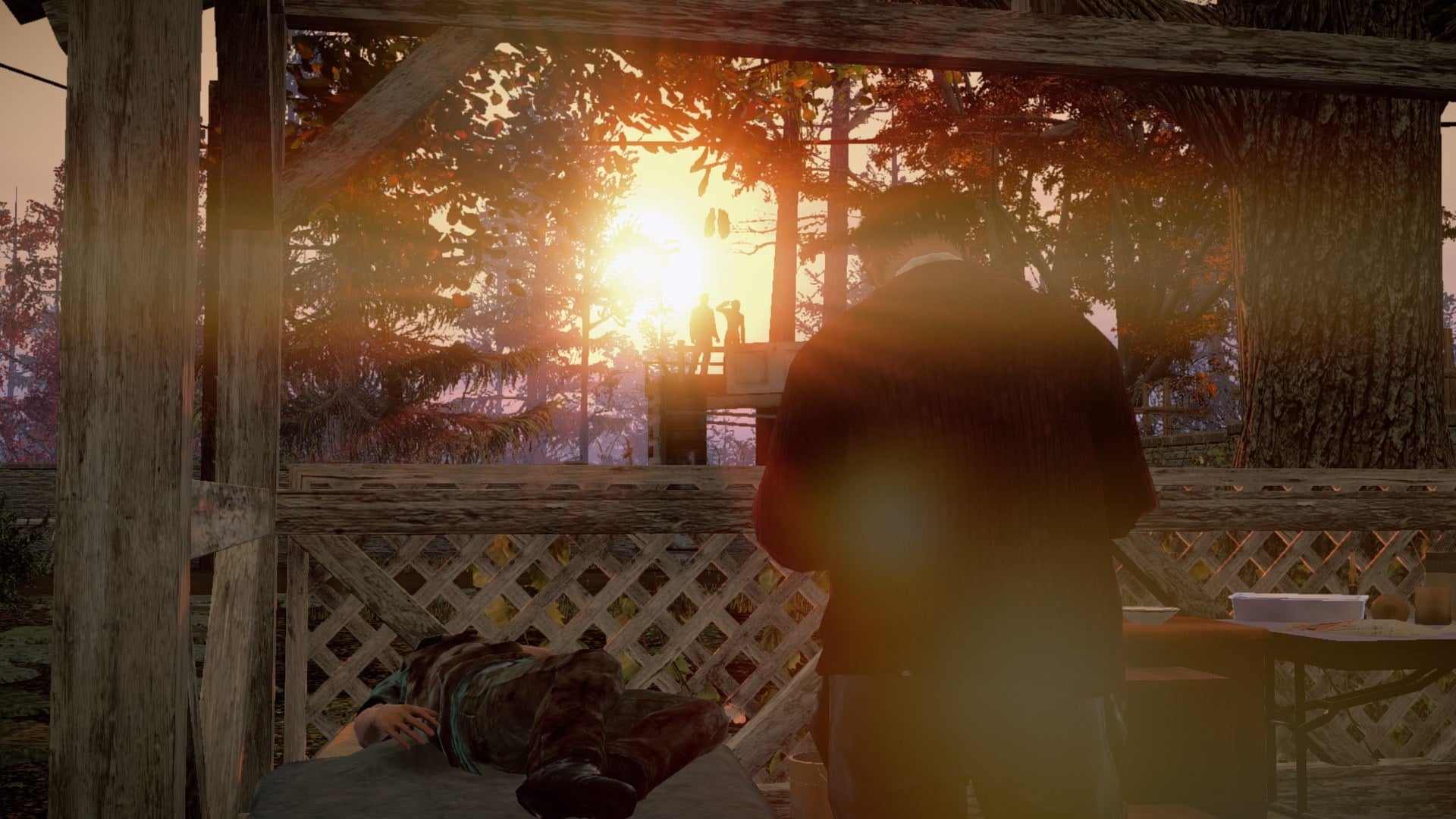
“One time, someone publicly called Philip out after he ignored her,” said one former developer. “This turned into a huge [diversity and inclusion] meeting, where people cried and Philip told us that he was treated unfairly because the issue was public. He said that he and Anne would invest in D&I support. But that never happened and he just ignored the problem.” Microsoft contends that it has invested in diversity and inclusion at Undead Labs and cites as proof that it is now 32% female or non-binary and 20% non white as compared to 15% female and 12% non white at the time of the acquisition.
Said one current developer, “It got to the point where nearly every week, someone would sob on a video call with me, because I was the only one who would listen to them.”
Schlosser denied these allegations, and in a statement to Kotaku wrote:
As a woman whose career has been negatively affected by the kind of toxic misogyny alleged by the source of this article, I would never tolerate or excuse the kinds of behaviours the source alleges. One of the achievements I’m most proud of during my tenure at Undead Labs is the extraordinary expansion of opportunities for people who have been traditionally marginalised in American business generally and the technology industry specifically.
Before I left Undead Labs in a routine reorganization, I implemented new hiring practices that increased workforce diversity by more than 30 per cent. Women, LGBTQ+, and BIPOC colleagues thrived in both leadership and individual contributor roles while I was at Undead Labs. No two people have the same perspective on or insights into events and outcomes in the workplace. However, the company’s decisions and direction on all topics related to its HR functions while I worked at Undead were a daily, even hourly, collaboration among its leaders. Therefore, specific concerns about equitable treatment should be addressed to Undead and its parent company.
Events came to a head last summer, after Schlosser took over hosting the studio’s “Women at the Lab” meetings, sources said. Some accused her of bringing a chilling effect to the sessions, which could be equal parts venting and problem solving. When one of the members might share a scenario in which they felt undermined or belittled by male colleagues, they said Schlosser would downplay issues or encourage them to seek out male allies to back them up. The dam eventually broke in an August 2021 meeting, three sources told Kotaku, in which a series of raw testimonials were shared that helped members realise they weren’t alone in feeling the ways they did.
It’s not exactly clear what happened next. Some current and former developers suspect enough people finally complained directly to Xbox to force the issue. One current developer said Schlosser requested a morale review by Microsoft. Whatever the reason, Microsoft HR got involved, interviewed dozens of employees, and in September Schlosser quietly left on a Friday without so much as a farewell message, current and former developers said.
Schlosser denied this in a phone call with Kotaku, and said her departure was part of a planned reorganization at the studio, but declined to go into further detail because of her existing separation agreement with Microsoft. Microsoft declined to comment on what unfolded.
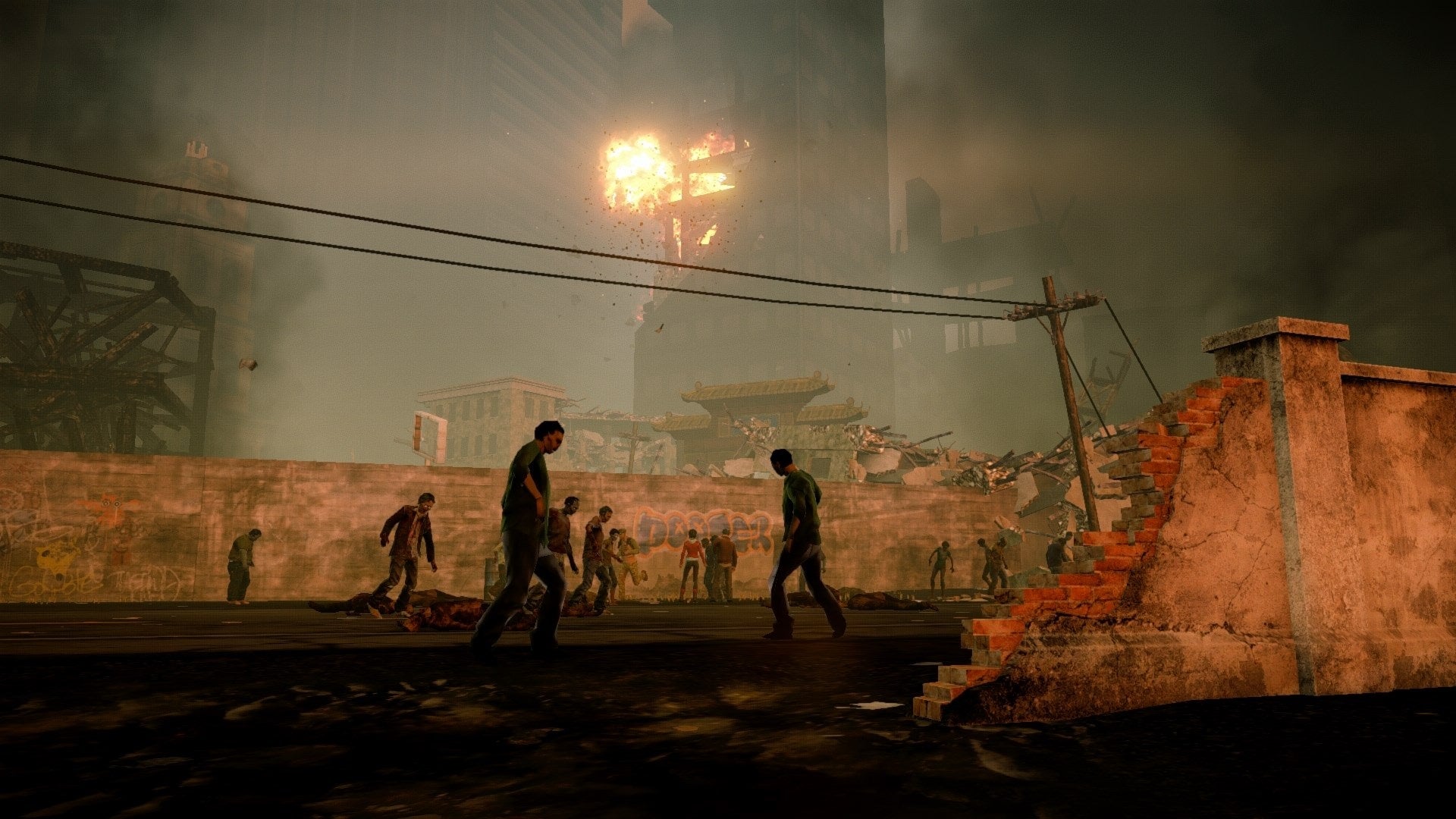
With Schlosser gone, some were hopeful this was the start of a larger reset at Undead Labs. Instead Holt sent out an email praising Schlosser.
“It is my sad duty to tell you that Anne Schlosser has left Undead Labs,” it began. “I always felt like we were punching above our weight to have landed Anne at Undead Labs. She is a deeply experienced HR professional and her contributions to the studio have been incredibly significant as she helped us become a more mature and professional organisation. She leaves Undead Labs in a much better place than she found it.”
Some current and former developers were stunned. Others agreed that Schlosser had helped with issues like bringing compensation packages more in line with industry standards, but were confused about her abrupt departure.
In the months since, Undead Labs rolled out new training for its managers, and what one current developer said was its first-ever sexual harassment workshop. (Microsoft disputes that, and told Kotaku that sexual harassment training is included as part of all new employee onboarding.) Some sources considered these developments, alongside Schlosser’s abrupt departure, to be the start of a turnaround. Others saw Holt’s inability to admit and own the mistakes of the past as a sign nothing would fundamentally change. In the meantime people kept leaving.
“One week we had five people announce they were leaving,” said a current developer. “Out of every 10 leaving there was one who needed to, and the rest I was really sad to see go.”
Undead Labs hadn’t planned to announce State of Decay 3 in 2020, let alone show it, but Microsoft requested trailers from many of its studios in the lead up to the Xbox Series X/S launch, three sources familiar with the decision said. Despite reservations from the team, they said pressure came from Holt to show off the game early. (In its comments to Kotaku, Microsoft wrote that participation in the showcase, which included early teases for Fable, Forza Motorsport 7, and Everwild, was optional.)
“We didn’t want to announce the game because we didn’t even know what it was at that point,” said one current developer. A zombie deer in the announcement teaser became a focal point for fans. Would the new game include undead fauna? It caught some developers by surprise as well, who didn’t recall ever settling on whether that would be a feature or not.
An internal demo went terribly later that year, and management began to panic in 2021 when there still wasn’t a coherent slice of the game to show Microsoft. “The leadership team claimed that we were ‘prototyping,’ and yet we were attempting to make playable demos to show off to external stakeholders,” said one former developer. “There were contradictions everywhere.”
“They kept piling on more features for more demos,” said another. “It was a complete mess. People left and were replaced by juniors. To quote a producer, ‘I’m not an expert at the code or anything, but our systems should be past the prototype stage.’ Even when the experts at code told him, ‘no it’s not even working at all yet,’ they ignored that comment and added more features to the deadline.”
State of Decay 3 was supposed to have two internal demos last fall, according to three sources familiar with the plan. The first in September would primarily be a presentation composed of images of GIFs followed by a second in December featuring gameplay. Holt decided in late summer he wanted both to show gameplay, a move that would have put a lot of pressure on teams to work overtime to meet the new milestone.
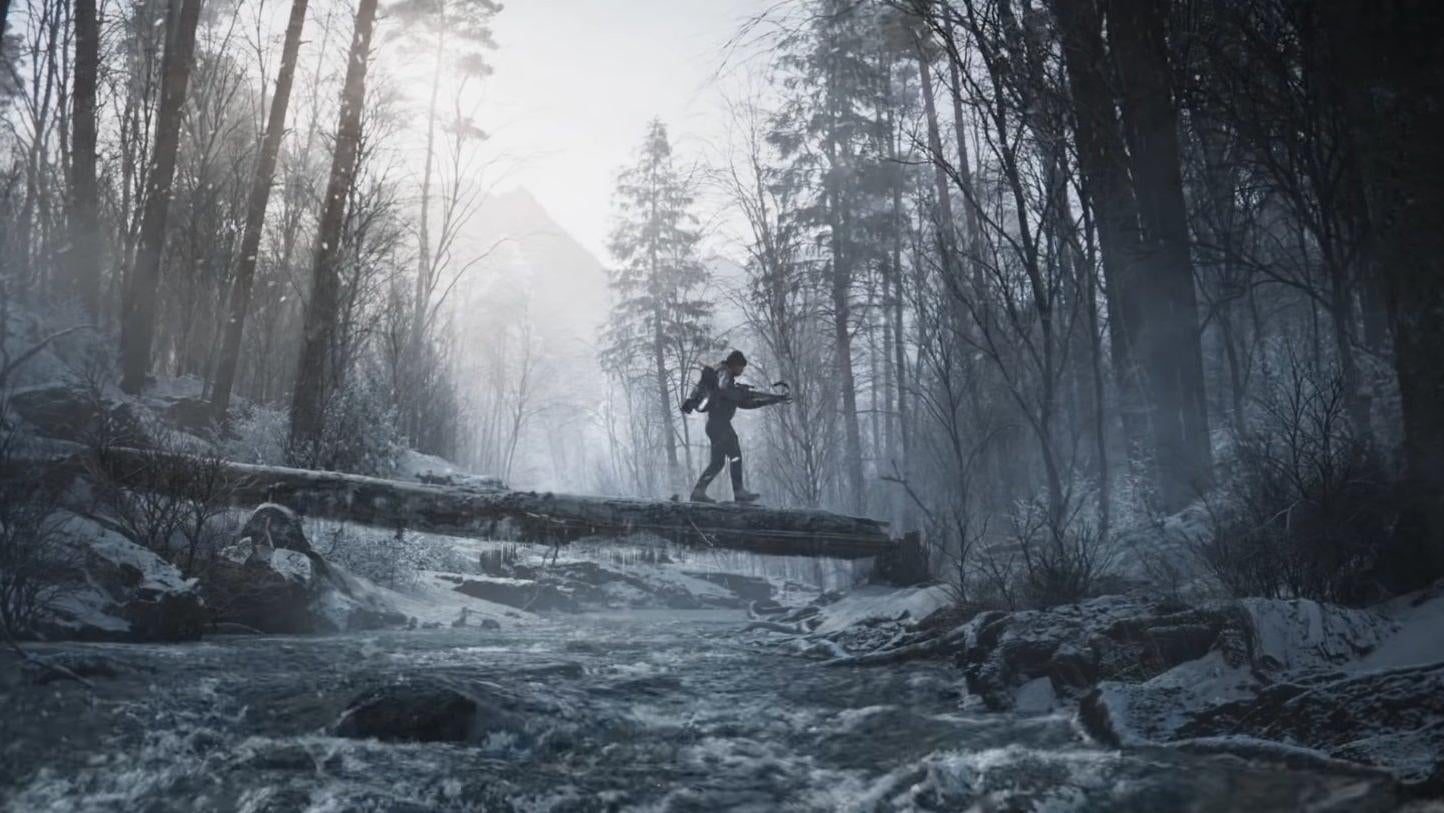
“The weirdness with the demos boiled down to Philip putting pressure on the team, not Xbox,” said one former developer. “Philip was pushing us because he was obsessed with proving himself as a leader inside Xbox Game Studios. He was using this as leverage to further his own career and image, at the cost of the developers.”
Ultimately, the team revolted and Holt relented. A more limited version of what the team planned to show in December was moved up for the September demo, and the second one was cancelled altogether. Even so, some developers said the last-minute scrambling was still disruptive.
Throughout the end of the year the studio burned through more of its experienced developers, sources said. “If this was what pre-production was like there was no way I was sticking around for full production,” one former developer told Kotaku. Another felt State of Decay 3 could still be stuck in pre-production for a year or more. “They’re still at square one with a lot of stuff.”
Those who have stuck around are more optimistic, and feel like the 2022 incarnations of Undead Labs and State of Decay 3 have finally turned a corner. “It could be such a cool game and we’ve got a lot of great people working on it, and I just hope we don’t repeat the terrible habits of the last few years,” said one current developer.
But some don’t trust Holt or Microsoft to make that happen. In mid-February, Holt held an all-hands meeting telling staff a negative story about gender discrimiantion could be coming, and to not discuss it on social media. Some were disappointed he didn’t use it as an opportunity to talk more candidly about some of the studio’s issues, according to two sources who were present.
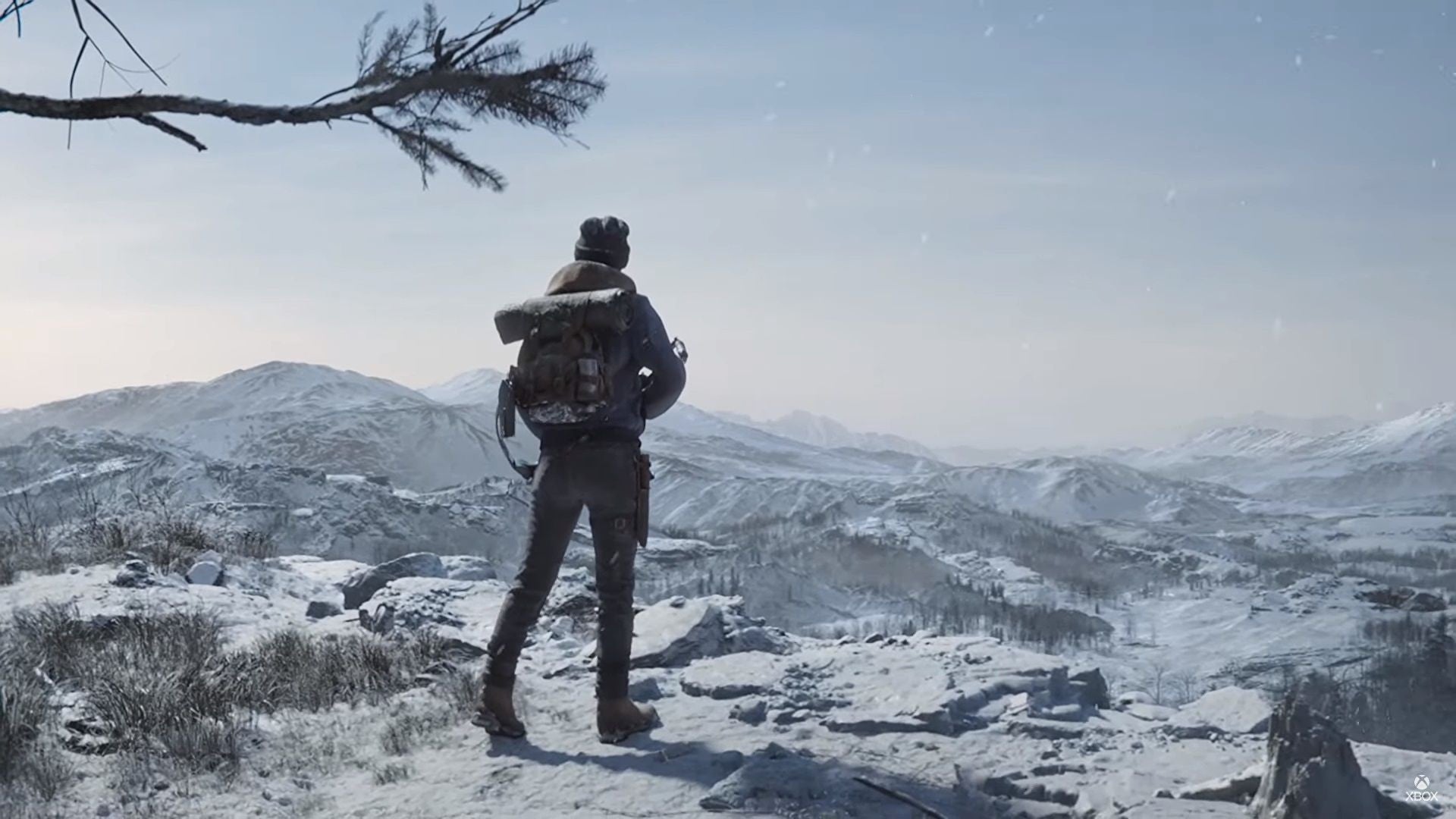
Aside from the events leading to Schlosser’s departure, no one Kotaku spoke with was aware of any further action Microsoft had taken to audit Undead Labs. And the question of how willing–or unwilling–the tech giant is to get involved in the internal politics of its newest studios has taken on additional urgency with its $US68.7 ($95) billion deal to buy Activision Blizzard. That company was accused in a lawsuit last summer, and in subsequent news reports, of overseeing and covering up a history of gender discrimination and sexual misconduct.
If the FTC eventually approves the acquisition, Microsoft will be in charge of reforming a work culture encompassing roughly 10,000 employees. As one of the architects of the deal and the man who would be directly in charge once it’s completed, it would be the biggest test of Spencer’s commitment to ensuring a safe and inclusive work environment yet.
When the allegations against Activision Blizzard first broke last summer, Undead Labs’ founder called on the video game industry to unionize. “The giants of this industry have shown us this week that we cannot trust them to moderate and manage the wealth and power that players and fans have given them,” Strain wrote in an open letter. Some employees at Activision Blizzard are currently trying to do just that. Spencer and others have remained ambivalent about the move.
It remains to be seen if Microsoft’s approach to Undead Labs will prove the exception, or the canary in the coal mine. “There was no visible intervention or support from [Microsoft],” recalled one former developer. “Nothing ever improved from my perspective, things just got worse.”
For those formerly of Undead who left behind cherished colleagues but also many painful memories, it’s already too late. “I do care for many of the people I worked with [at Undead Labs], and I do hope things improve [there],” they told Kotaku. “But without any accountability, nothing changed.”
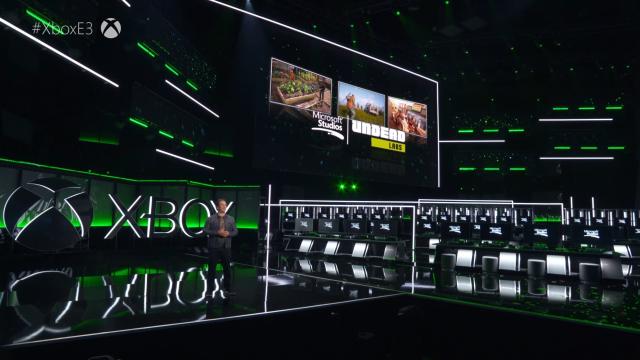
Leave a Reply